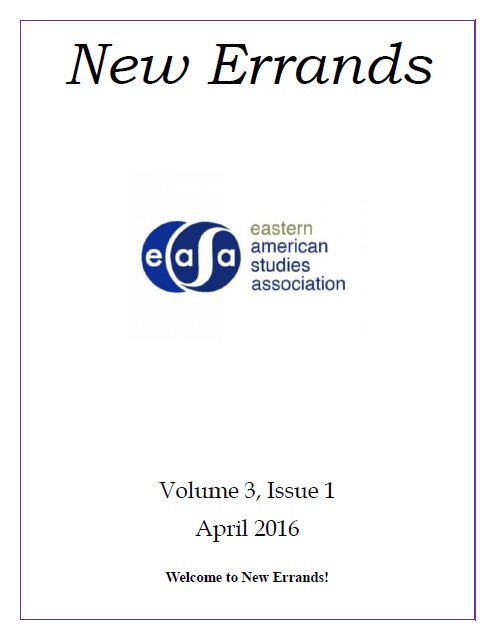Robinson Crusoe and Isolation in Immigrant America
DOI:
https://doi.org/10.18113/P8ne3260060Abstract
Once the Homestead Act was passed in 1862, foreign settlers were presented with the prospect of owning extensive amounts of land across the Great Plains of America, provided that they cultivate and enrich their acreage. This promise of land and economic possibility encouraged mass migration from Europe to America, with the pioneering immigrants making their claims and attempting to cultivate the dry prairie soils of the Midwest. An array of characters within Willa Cather's My Ántonia (1918) have followed this course and travelled to America under the illusion of finding a better and more profitable life; such is the case with the Shimerda family. However, such promises were often cruelly misleading and the unrelenting farmland proved severely challenging to cultivate in the extreme weather conditions. It is a culmination of this unforeseen difficulty and a sense of dislocation from their culture which leads to tragedy for the Shimerda family, as Mr. Shimerda's overwhelming sense of helplessness and isolation results in him committing suicide. Succeeding this incident, the narrator and protagonist Jim Burden, alludes to an object which exemplifies these concepts of loneliness and dislocation during an analogous time of pioneering expansion: Daniel Defoe's Robinson Crusoe (1719). Burden recalls "[t]hen, for the first time, I realized that I was alone in the house […] I got 'Robinson Crusoe" and tried to read, but his life on the island seemed dull compared with ours" (Cather 43). Although the texts were published two centuries apart, many of the themes and experiences within Defoe's classic novel would have continued to resonate with the nineteenth and twentieth century readership of My Ántonia, most frequently the concepts of economy and materialism which prevailed during American modernity. Furthermore, the novel's position within the narrative implies a clear connection between the obstacles of the shipwrecked mariner and the hardships which faced the recently deceased Mr. Shimerda. As Joyce McDonald suggests "Cather's allusions to Robinson Crusoe […] in all of her plains novels […] suggest she perceived prairie life as being shipwrecked on an island, cut off from the civilised world" (McDonald 21). The embedded intertextuality of Robinson Crusoe, both in terms of its physicality as a text and its allegorical implications to My Ántonia's wider themes, performs as a symbol of isolation for Mr. Shimerda and the settlers of the Great Plains, particularly during a period of xenophobia at the turn of nineteenth century America.

This work is licensed under a Creative Commons Attribution 4.0 International License

